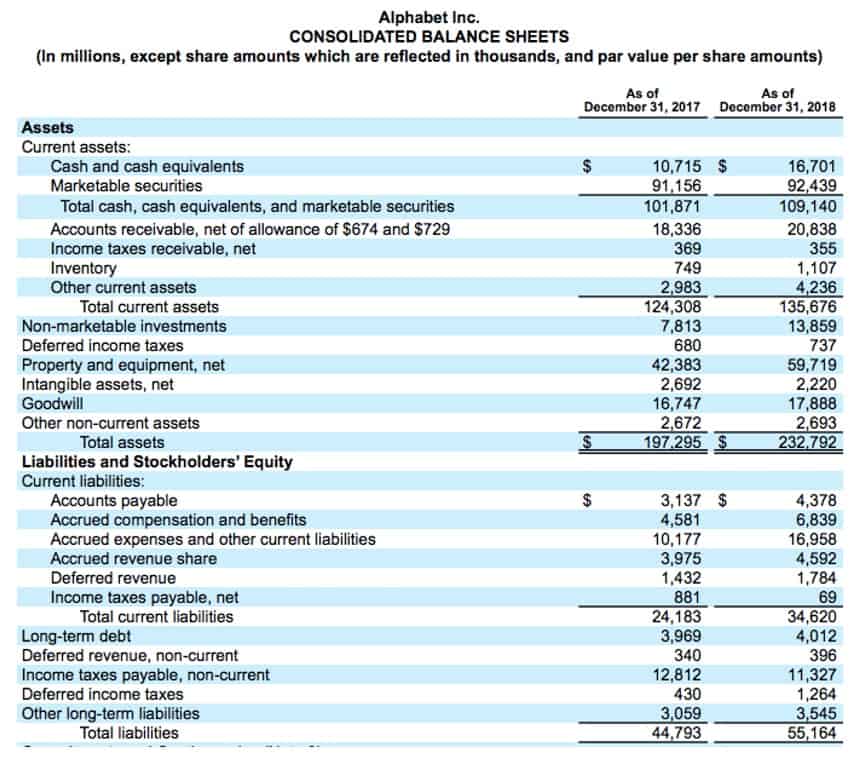
Within your nonprofit, you might have an internal role as your bookkeeper and choose to hire a separate accountant. You can also outsource the accounting nonprofit accounting function to a firm to collaborate with your bookkeeper. Internal controls don’t mean that you don’t trust your organization’s staff members.
Nonprofit Statement of Cash Flows
- Since your nonprofit isn’t working toward maximizing profit, you need accounting software designed to handle fund accounting.
- Letting someone else handle bookkeeping, payroll, and other responsibilities can often allow people to focus on the nonprofit’s mission.
- Most people working at nonprofit organizations aren’t accounting professionals.
- Nonprofits, on the other hand, have different goals than for-profit businesses.
- Any money that enters the nonprofit needs to reflect on the organization’s tax forms in some way.
- The funds need to be separated from one another because different contributions made to your organization may have allocations and restrictions set on them from the start.
Most nonprofits are exempt from property taxes and capital gains taxes from investments. Gains from real estate sales may be taxable income, depending on the circumstances. This allows you to see which funds are available for general use, and which are restricted for specific purposes. A https://www.bookstime.com/articles/truckers-bookkeeping-services budget is not necessarily used in a for-profit business, but is considered an essential component of the accounting for a nonprofit business. This is because a nonprofit typically has quite limited revenue sources, and so must maintain tight control over its expenditures at all times.
IRS Proposes New Accounting For UBIT – The NonProfit Times
IRS Proposes New Accounting For UBIT.
Posted: Wed, 29 Mar 2023 19:39:39 GMT [source]
Differences Between Nonprofits and For-Profit Businesses
And, it may help you avoid pesky, expensive fees and penalties with the state. Be sure to look up your own state’s policies to find out more about specific regulations. A financial professional will offer guidance based on the information provided and offer a no-obligation call to better understand your situation.
Company Formation
For instance, donations would be in a separate income ‘fund’ than government grants when using the fund accounting method. There are a few required financial statements that are unique to nonprofit accounting. Just like for-profit businesses, nonprofit organizations must adhere to the Generally Accepted Accounting Principles (GAAP). These principles are vital for any organization establishing its accounting system, so familiarize yourself with them. In general, you need to ensure your accounting for all expenses and income is accurate and complete.

Nonprofit accounting compliance requirements
Learn more about the various scenarios in which a nonprofit may be unable to use grant funds on costs that the organization thought were acceptable and what the organization should do. Many nonprofit organizations have or are interested in establishing a reserve fund to sustain the long-term future of the organization and/or provide the organization a source of capital for future development. Learn the six essential steps that every nonprofit should take to determine the ideal reserve fund amount. Even if your nonprofit isn’t required to be audited, you might consider requesting one anyway.

For instance, if programs or projects are discontinued, funding falls through, or your funding increases, you can address the issues and adapt your strategy right away. It’s important to review and adjust the spending budget for the remainder of the year to cut back expenses if necessary, or to further fund your mission if you receive unexpected funding. You should check in with your budget monthly, comparing and evaluating your budgeted revenue and expenses against your actual revenue and expenses. This will ensure that your organization is staying on track to achieve your goals.
In conclusion, adopting proper accounting practices will help nonprofits maintain financial accuracy, transparency, and integrity. Utilizing specialized nonprofit accounting software can significantly streamline financial management, making it easier to adhere to regulatory requirements and optimize internal resources. In summary, managing expenses and planning cash flow are essential aspects of nonprofit accounting. The Statement of Activities is similar to an income statement for-profit organizations use.
There are many different types of nonprofits, including governmental nonprofits, which we will not address. Nonprofits must keep overhead costs to a minimum while also ensuring they provide the organization with the opportunity to grow, so careful, ongoing cost management is a must. Your overhead costs will be the number one obstacle to achieving your goals, so you must remain pragmatic about them. Expenses are a necessary part of running a nonprofit, but you need to ensure they remain low or donors will be less likely to support your organization.
- The type of organization you run will determine the tax-exempt status you qualify for.
- Finally, there is no nonprofit equivalent for the statement of stockholders’ equity, since a nonprofit has no equity.
- Everyone working in nonprofit accounting and finance, including Board members, should have a strong grasp of reading and understanding nonprofit financial statements.
- While many of these financial reports may seem fairly similar, it’s the focus that makes all the difference.
- Proper accounting and financial management are necessary for nonprofit organizations to stay viable and remain accountable to the public, donors, funders, and other stakeholders.
- Additionally, sloppy or inaccurate accounting can lead to problems with the IRS, which include possibly losing nonprofit status, hefty fines, and even criminal charges.
- Because nonprofits are so different from regular businesses, they have unique accounting requirements and best practices.

